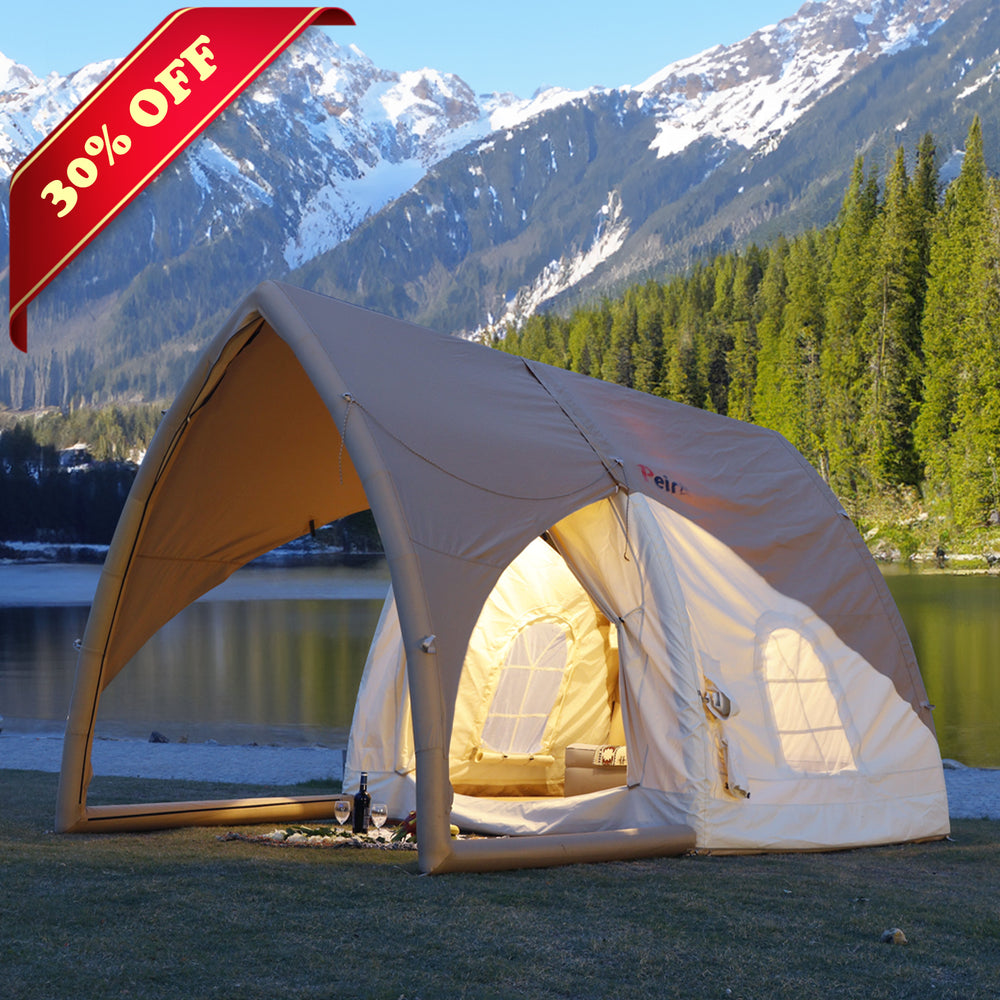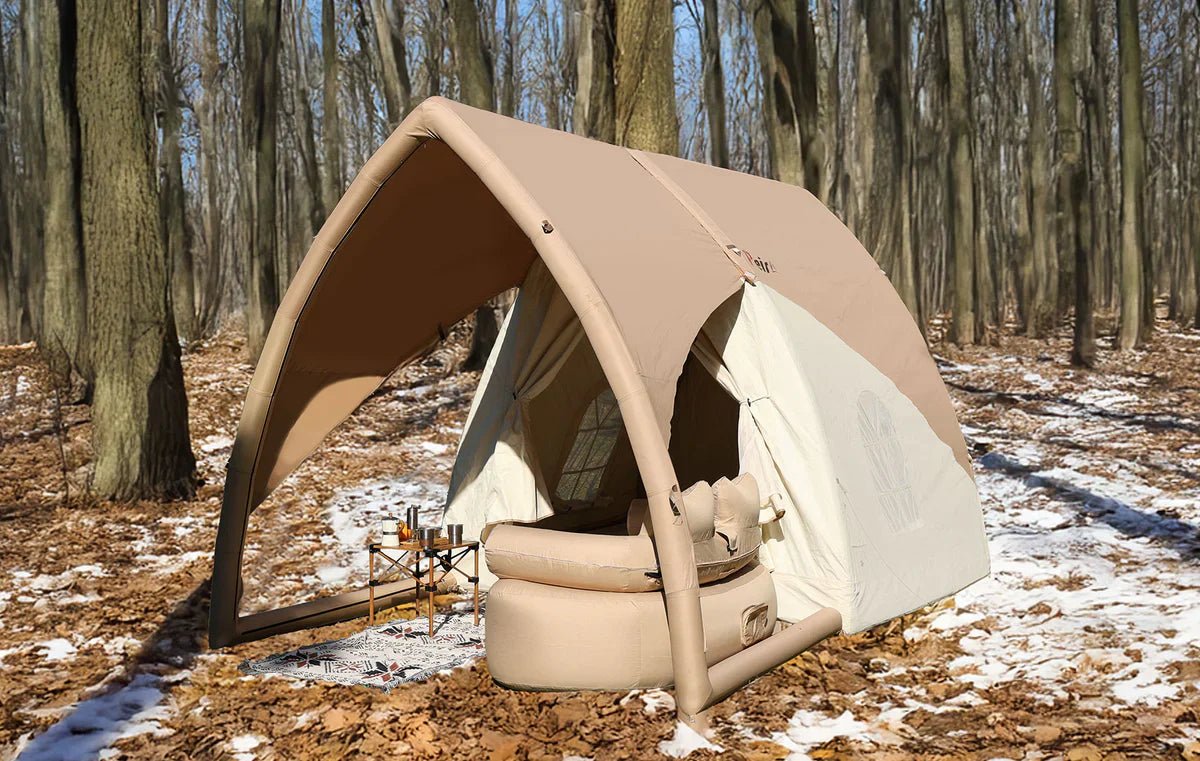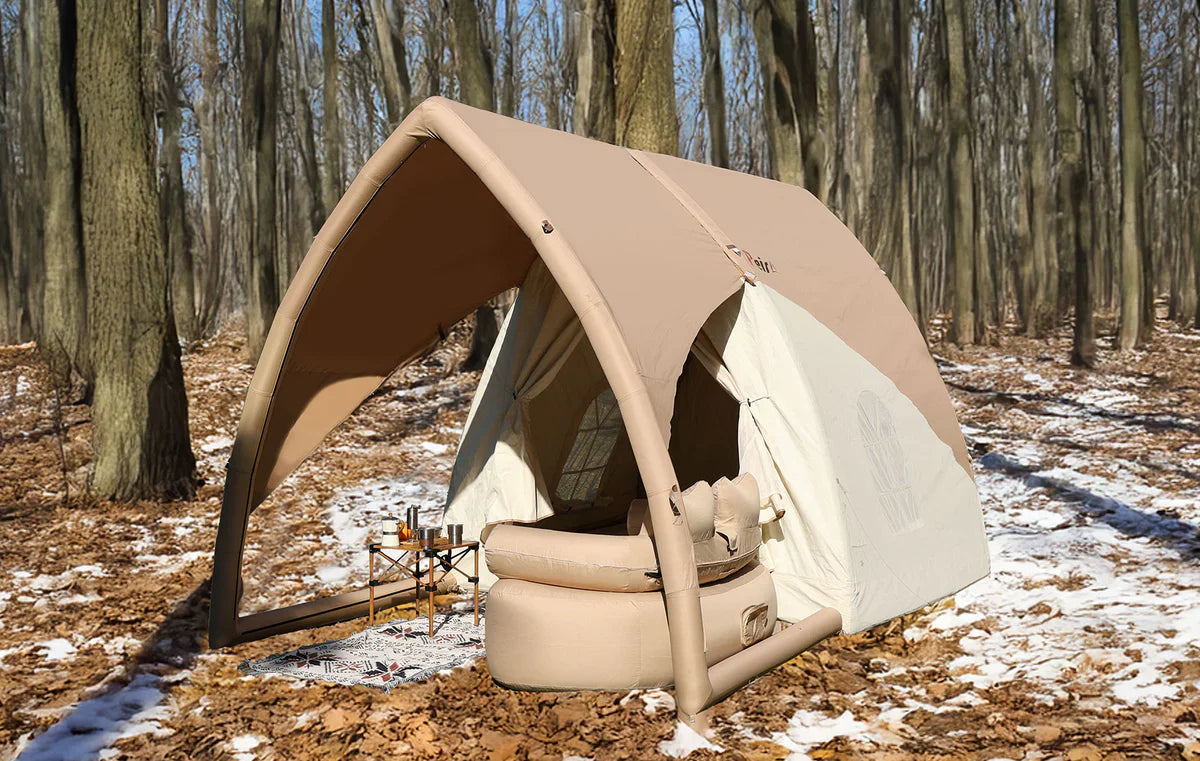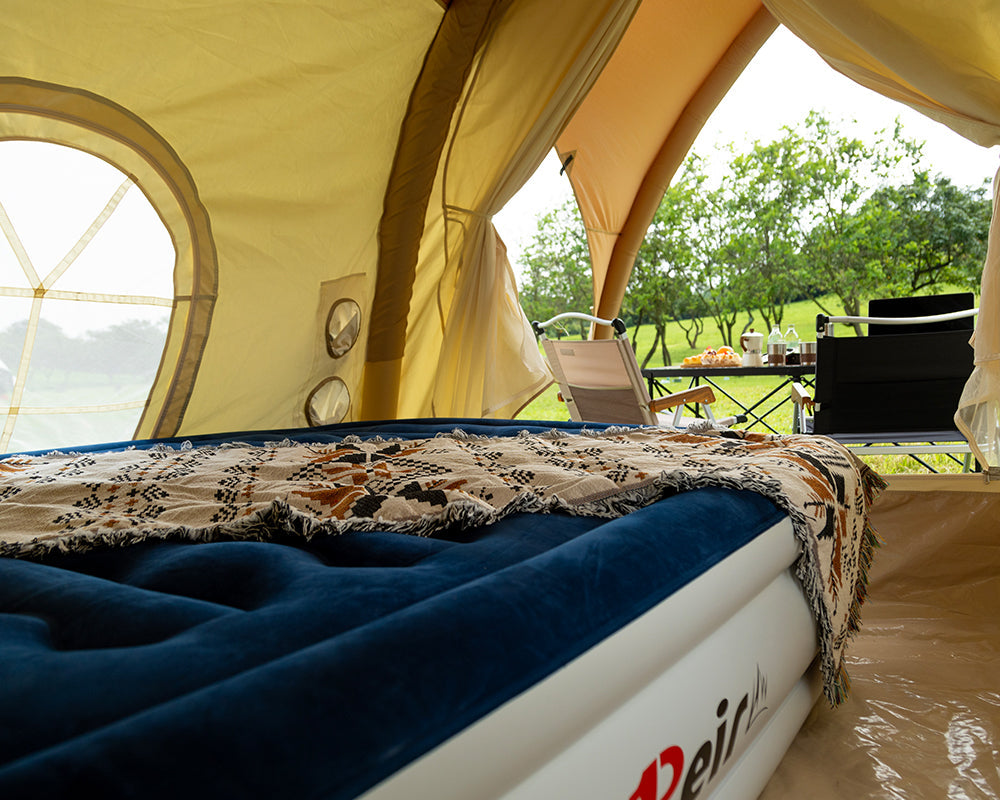When you're out camping, one of the most important things to consider is staying warm and comfortable, especially when temperatures drop at night. If you've been thinking about upgrading your camping gear, inflatable tents might have caught your eye. But here's a big question: Do inflatable tents offer better insulation than traditional tents?
To get to the bottom of this, let’s first take a look at how inflatable tents work and compare them to traditional tents.
What Makes Inflatable Tents Different?
Unlike traditional tents, which use metal poles or fiberglass to create their structure, inflatable tents rely on air-filled beams. This unique design allows the tent to be set up in a matter of minutes—just inflate, and you're done! But, beyond convenience, how do these tents stack up when it comes to keeping you warm?
Insulation in Traditional Tents
Traditional tents are typically made with a combination of polyester or nylon fabric, which is great for keeping out the rain and wind. But when it comes to insulation, they often fall short. Most of these tents have thin walls, and while they might come with a rainfly (which adds an extra layer), they don’t necessarily provide much warmth during colder months.
You’re still going to rely heavily on things like sleeping bags, insulated mats, and good old-fashioned layers to keep the chill at bay. And let’s face it—if you’re in a cold environment, a traditional tent can feel pretty drafty, especially if it’s not well-ventilated.
How Do Inflatable Tents Compare?
Inflatable tents have a significant advantage when it comes to insulation, and it’s all about their structure. The inflatable beams that hold the tent up tend to create a thicker, more solid wall than the typical poles of a traditional tent. This extra thickness helps trap some of the warmth inside, making them naturally better at holding heat.
Additionally, many inflatable tents come with extra features like thicker materials or insulation layers, which can enhance their ability to retain heat. Some models even include built-in air pockets or reflective coatings that bounce your body heat back into the tent, much like how thermal blankets work. This means that while a traditional tent may struggle to keep warmth inside, an inflatable tent can do a much better job at keeping the cold out.
The Role of Weatherproofing and Ventilation
Of course, insulation isn’t just about the materials the tent is made from; it’s also about how it handles the weather. Inflatable tents tend to perform better in windy conditions thanks to their sturdier structure, which could help reduce the amount of cold air seeping in. But remember, insulation and ventilation go hand in hand. Too much insulation without proper airflow can lead to condensation and a damp, chilly feeling inside the tent. This is where inflatable tents might not always be perfect—if they don’t have enough ventilation, they can get a little stuffy. Make sure you’re choosing a model with adjustable vents to keep fresh air flowing while keeping the warmth in.
The Comfort Factor
If you’ve ever woken up in the middle of the night shivering in a traditional tent, you know how important it is to stay warm. Inflatable tents might not be magic, but they certainly improve the overall comfort level in cooler climates. The additional layers of insulation combined with their sturdy build make a big difference in how cozy you feel inside. Plus, they’re spacious—many inflatable tents are designed to give you more room to move around, so you’re not all cramped up with just enough space to squeeze in your sleeping bag.
Conclusion: Are Inflatable Tents Better for Insulation?
In short, yes, inflatable tents generally offer better insulation than traditional tents. Their thicker structure and potential for additional insulating layers help trap heat more effectively, keeping you warmer during colder nights. However, just like with any camping gear, it’s important to consider the environment you’ll be camping in, your specific needs, and how the tent performs overall.
Whether you’re a seasoned camper or just starting out, inflatable tents might be the cozy upgrade you’ve been looking for. Just be sure to pick one with proper ventilation, and you’ll be set to stay warm, comfortable, and ready for your next adventure—no matter what the weather throws your way!






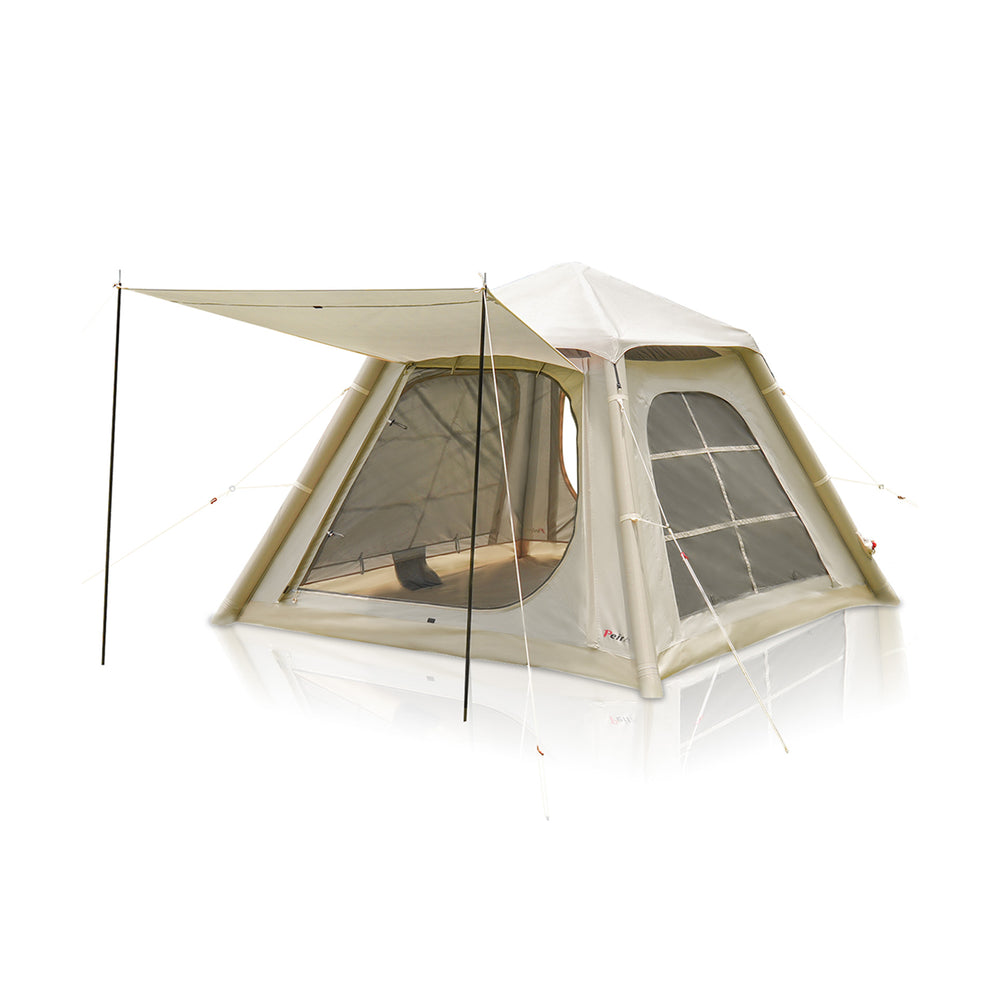
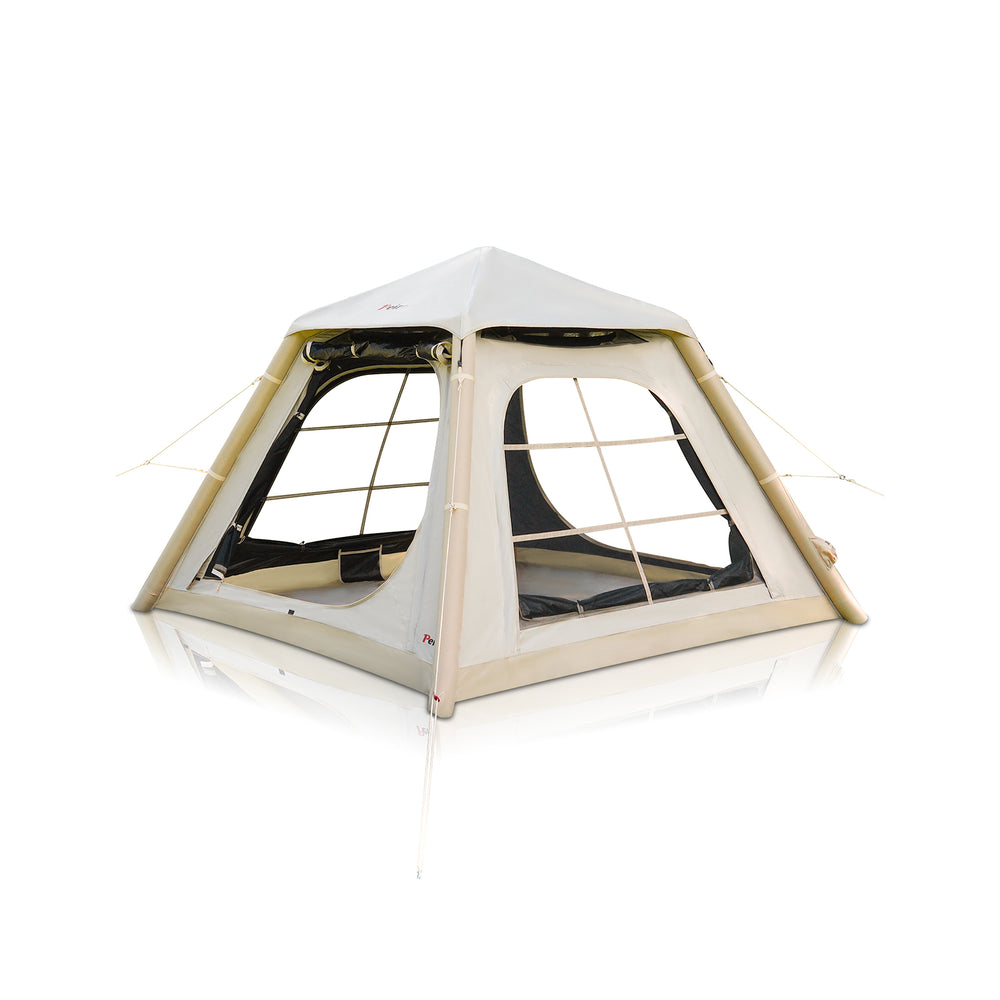
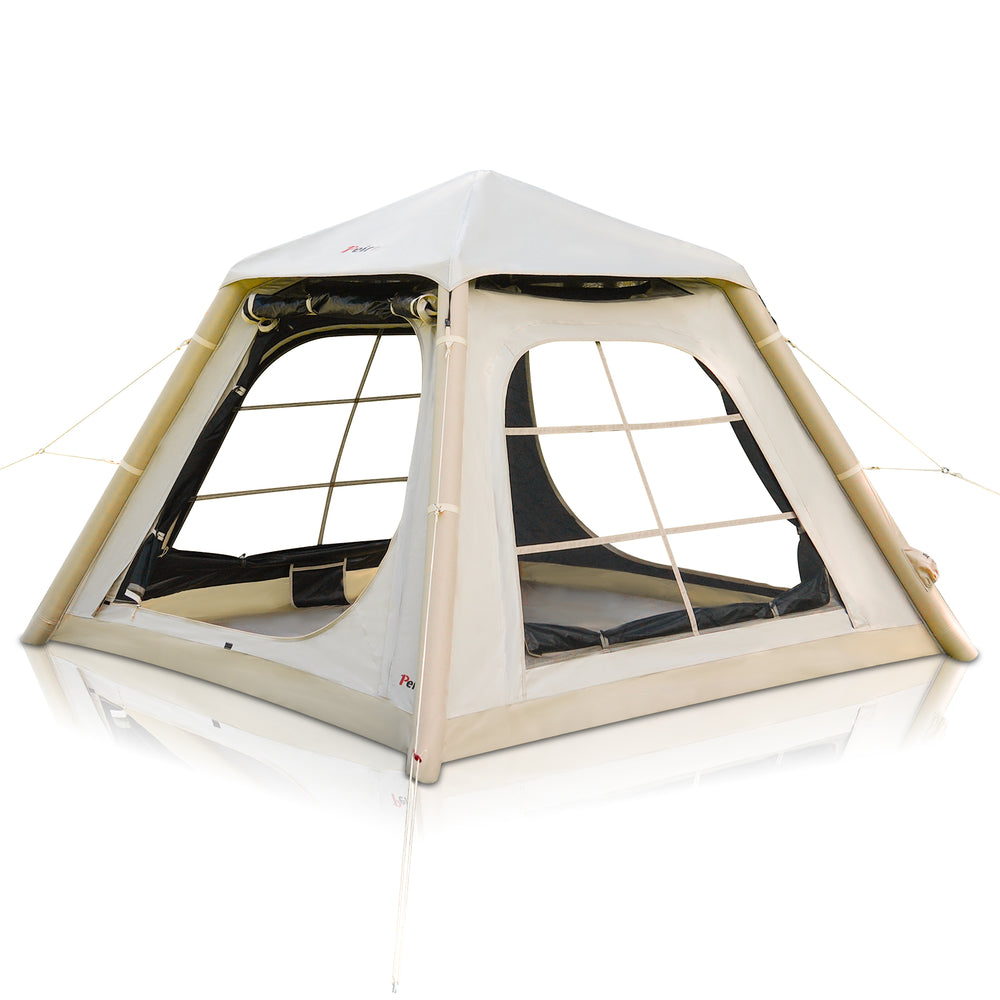
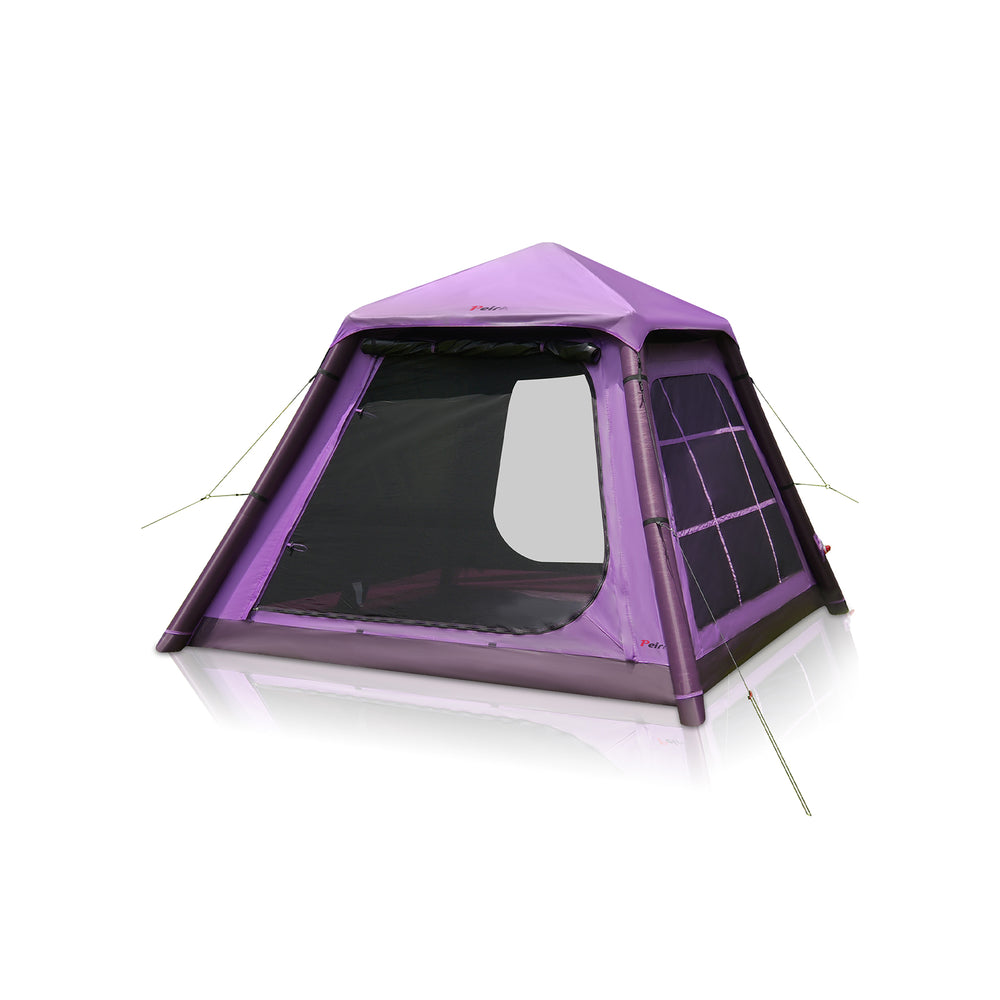


 Peirhw Inflatable House Tent - Starry Night Love
Peirhw Inflatable House Tent - Starry Night Love
 Peirhw Glamping Tents - Friendship Castle
Peirhw Glamping Tents - Friendship Castle
 Peirhw Inflatable Canopy Tent - Adventurer
Peirhw Inflatable Canopy Tent - Adventurer

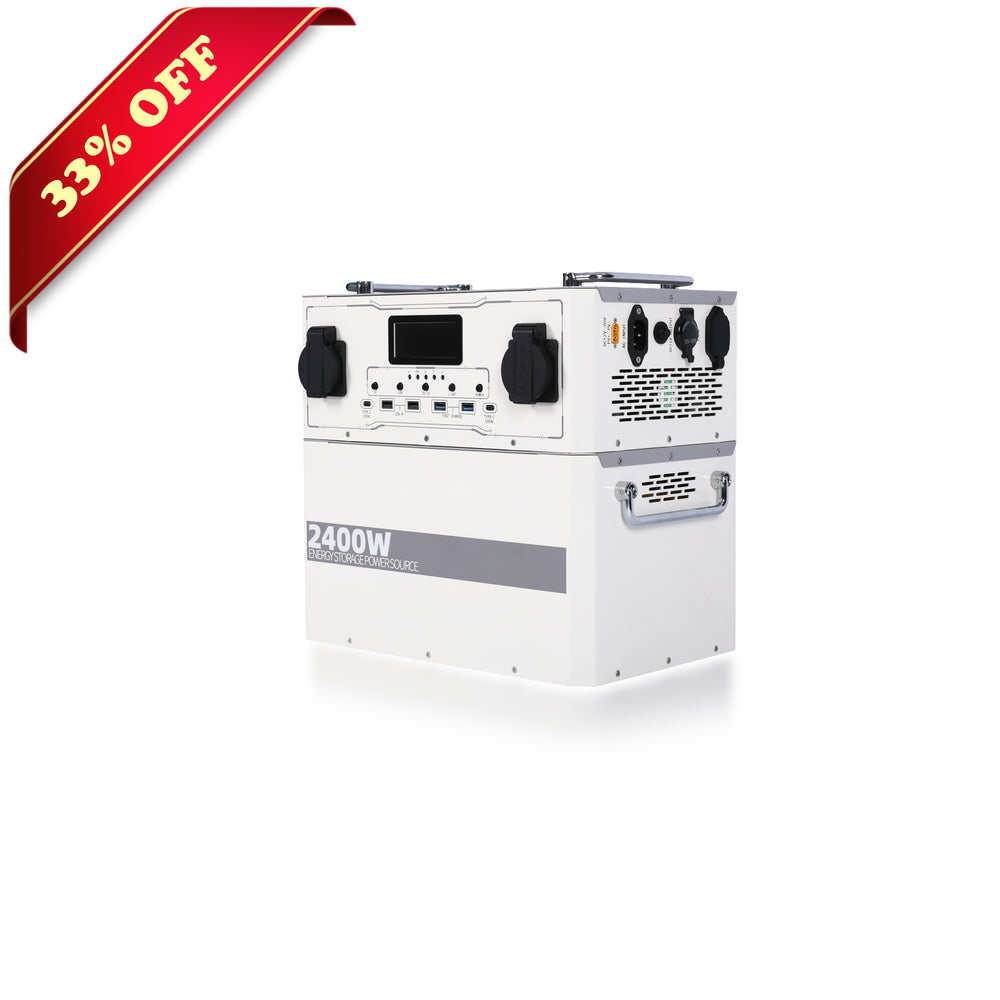
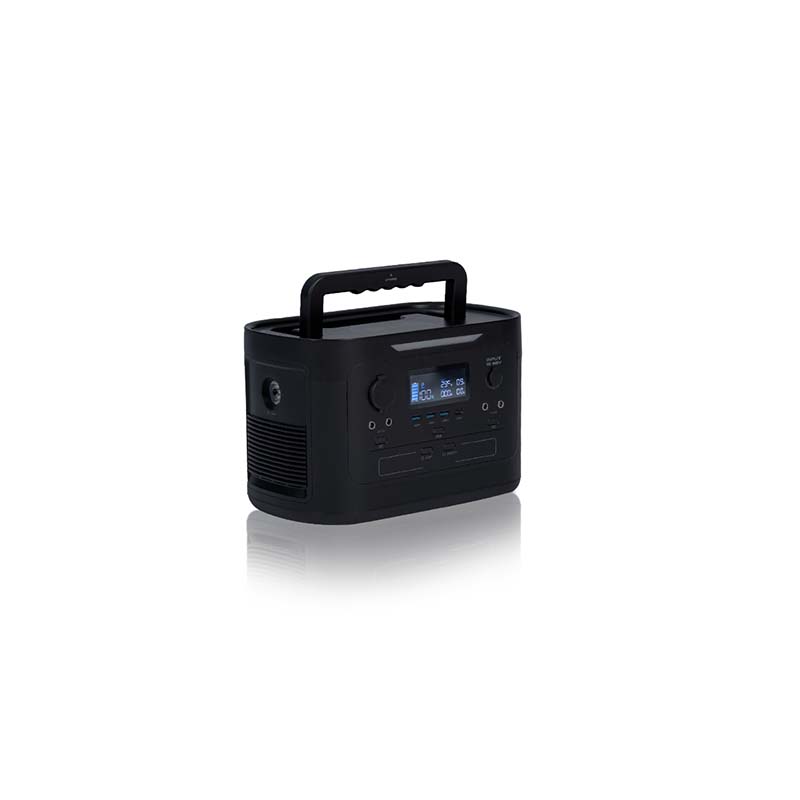
 Peirhw Portable Air Conditioner
Peirhw Portable Air Conditioner
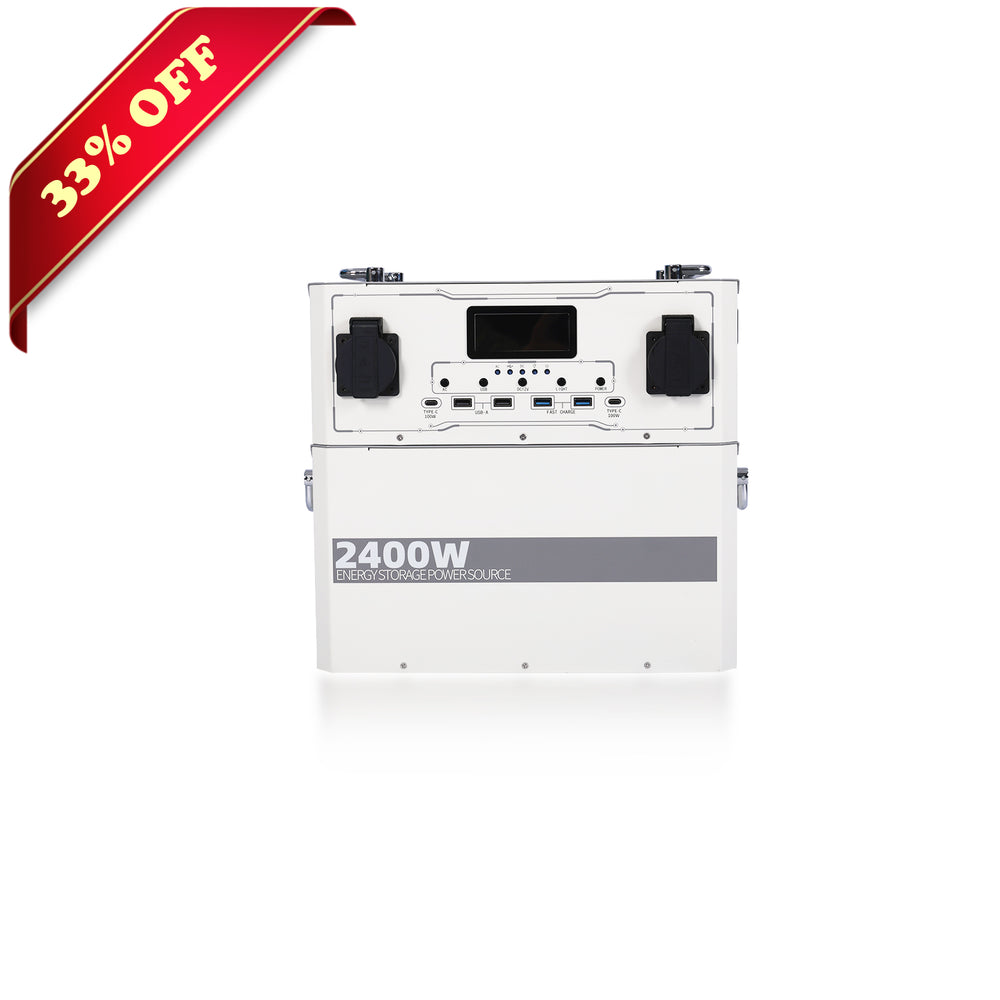 【Advance Sale】Peirhw Portable Power Station 2400W
【Advance Sale】Peirhw Portable Power Station 2400W
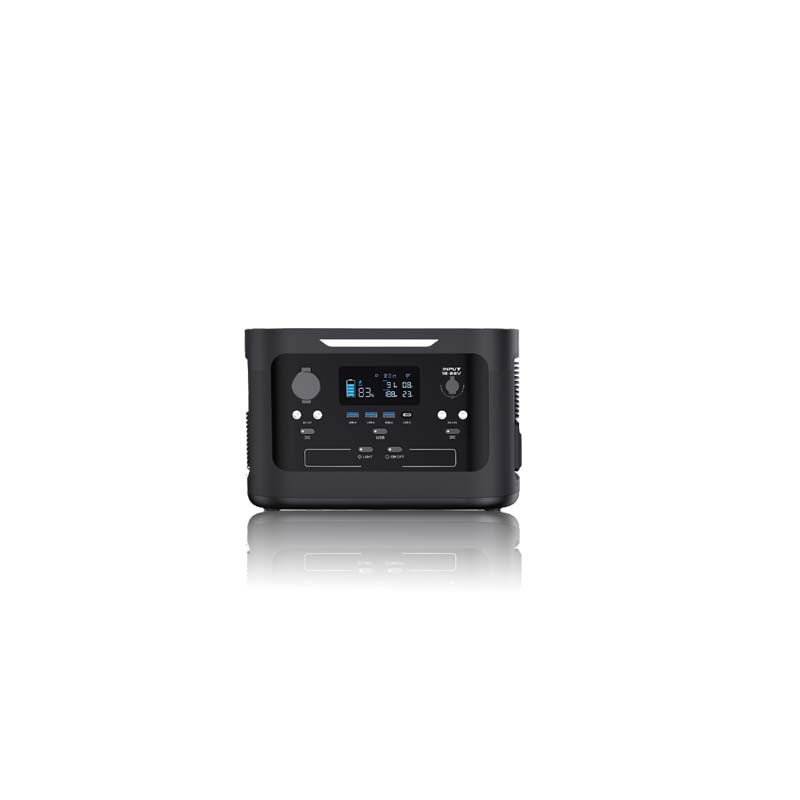 【Advance Sale】Peirhw Portable Power Station 600W
【Advance Sale】Peirhw Portable Power Station 600W

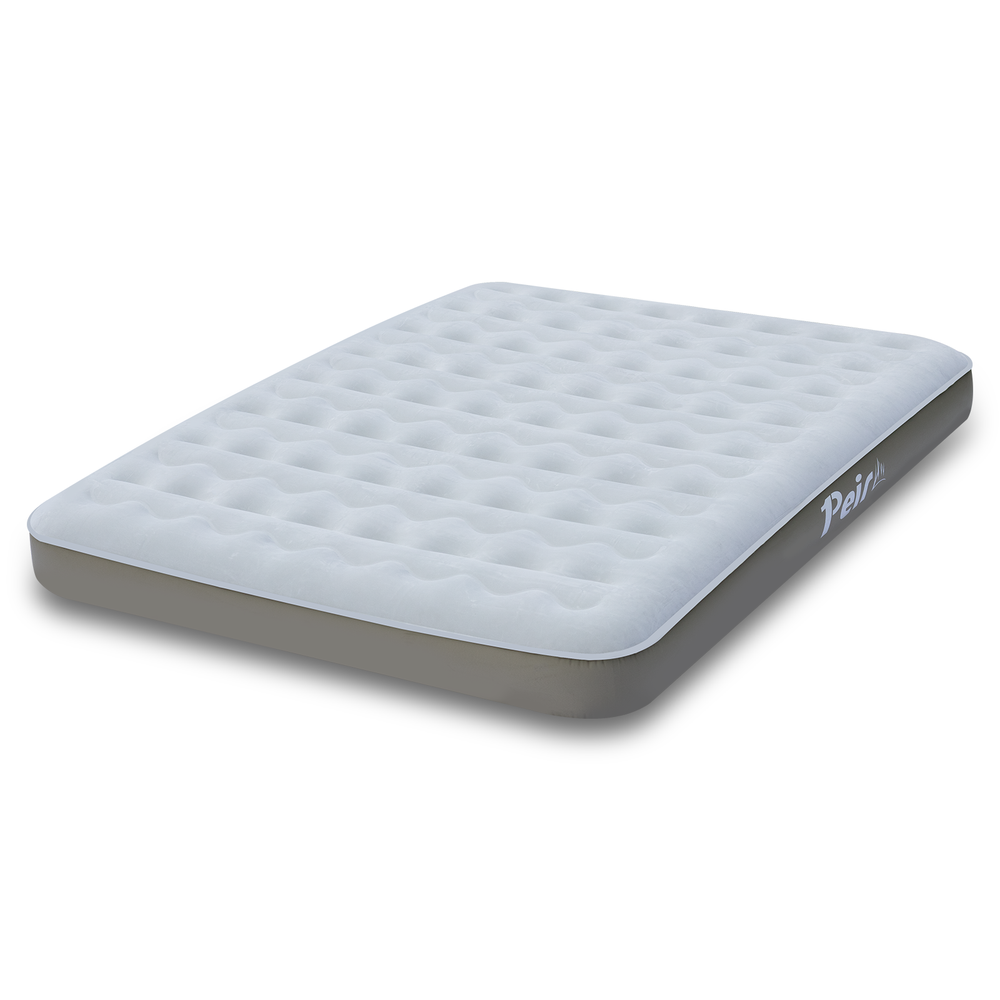



 Peirhw Self Inflating Sleeping Pad
Peirhw Self Inflating Sleeping Pad
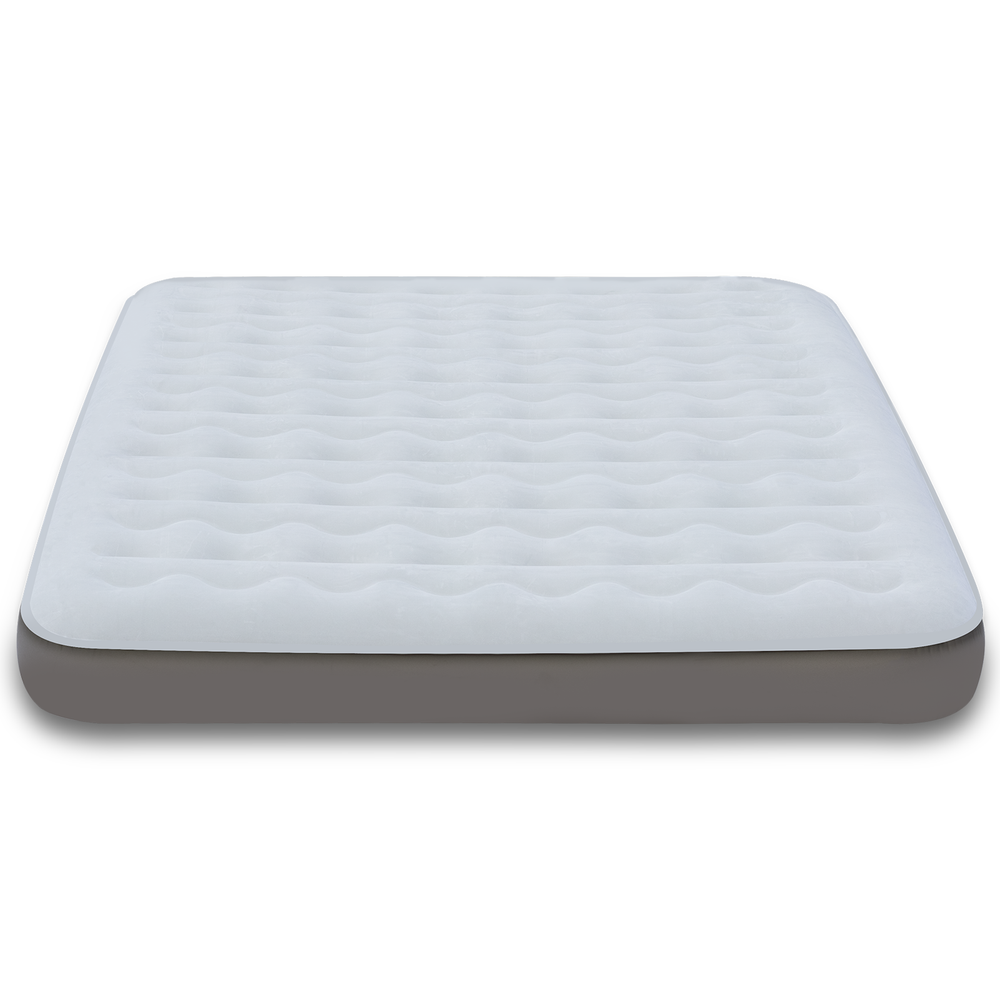 Peirhw Air Mattress (8" Queen Type)
Peirhw Air Mattress (8" Queen Type)
 Peirhw Camping Sleeping Bag
Peirhw Camping Sleeping Bag


 Peirhw Butterfly-shaped Canopy for Camping
Peirhw Butterfly-shaped Canopy for Camping
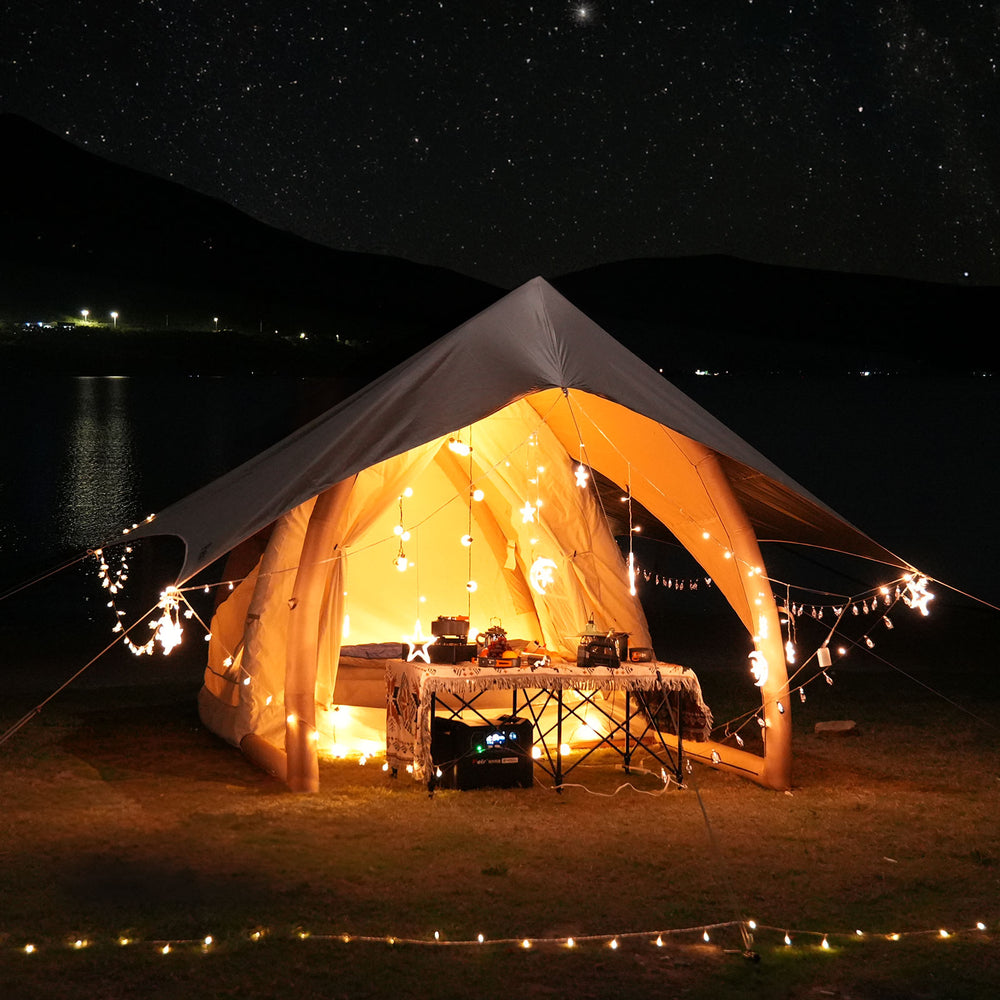 Peirhw Camping Waterproof Canopy (Cannot be Purchased Separately)
Peirhw Camping Waterproof Canopy (Cannot be Purchased Separately)

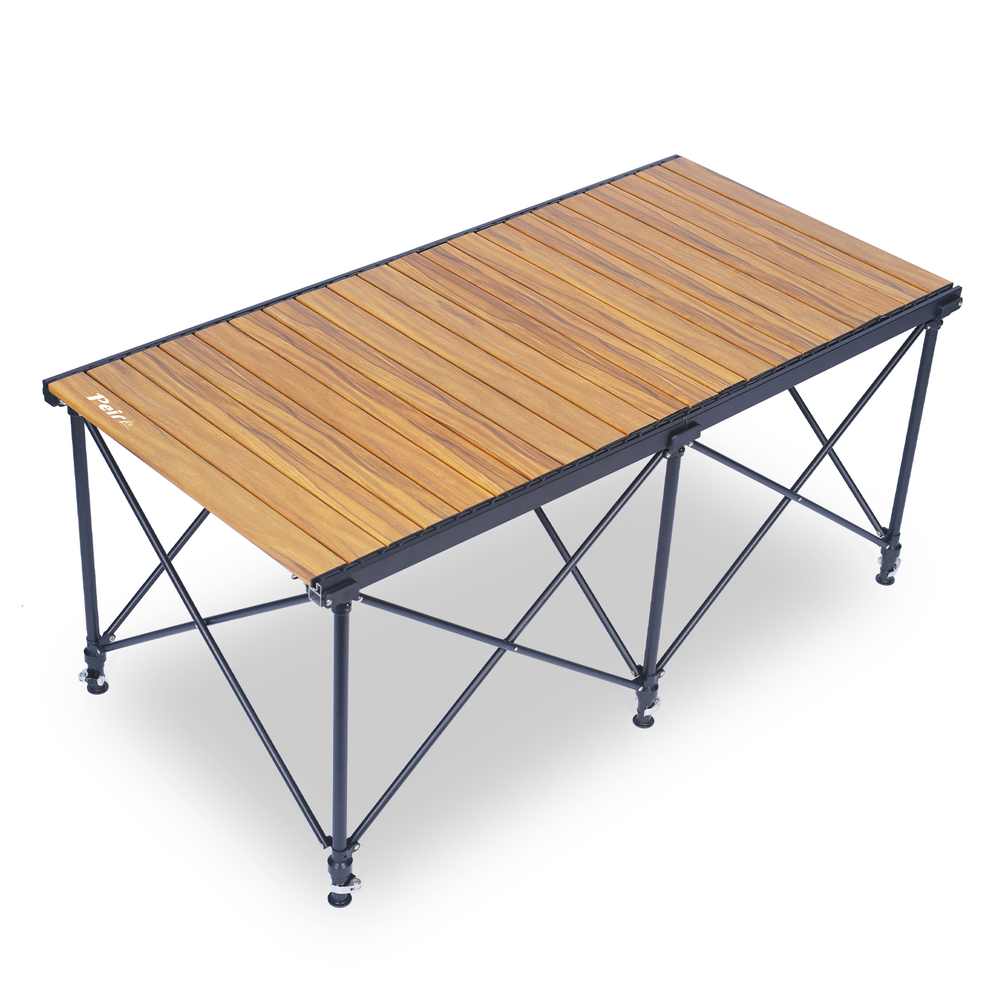
 Peirhw Outdoor Folding Chairs
Peirhw Outdoor Folding Chairs
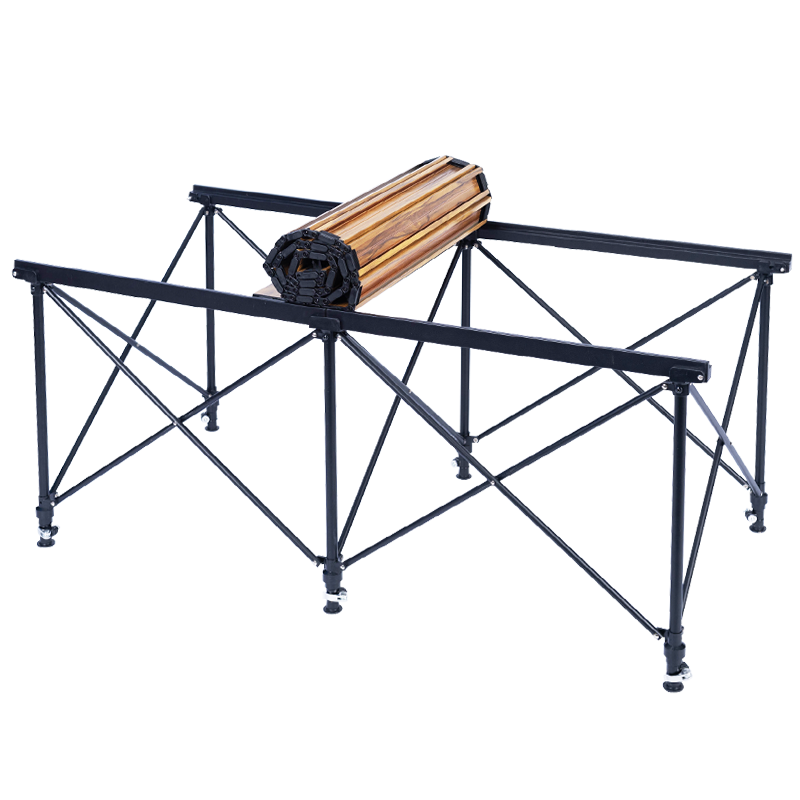 Peirhw Folding Camping Table
Peirhw Folding Camping Table





